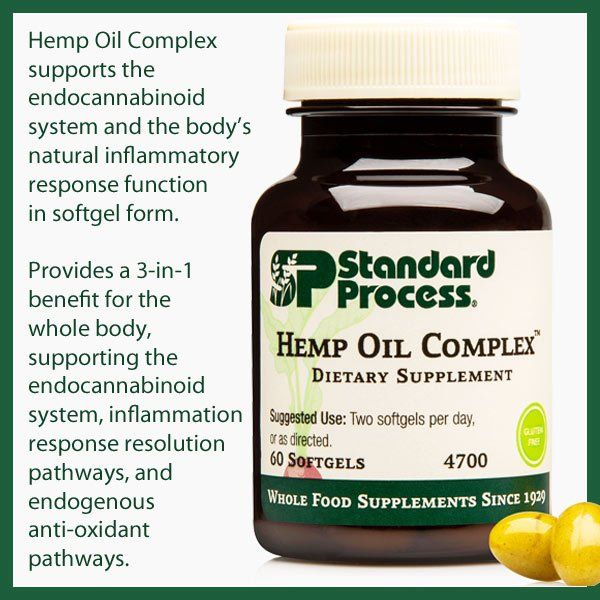What is Herbal Medicine?
Herbal medicine is the use of botanical products as a nutritional supplement. The supplements may come from any part like the stems, seed, roots, or flowers and leaves. Herbal treatments can help with diet deficiencies, aid recovery from illness, and boost overall health. Numerous herbal products exist, and the uses and effectiveness of each can vary. Therefore, the products should always come from a knowledgeable alternative practitioner to ensure their legitimacy and safety.
How Herbal Medicine Differs from Conventional Medicine
Conventional medicine practiced in the United States and the efforts of herbalist practitioners have some things in common. For example, many pharmaceutical treatments use naturally derived ingredients.
Other medications are synthetic versions of botanicals meant to exploit the known benefits of the plants. Epidiolex, for example, is an FDA-approved medication derived from cannabis and used for seizure treatment.
The difference between the two practices is that alternative medicine practitioners avoid synthesized versions that may contain fillers or harmful chemicals. Herbal medicine remains natural, and many manufacturers take care to use only sustainable and organic products. Another concern of alternative practitioners is the need to keep the plant whole for the most effectiveness.
Pharmaceutical developers often isolate an ingredient to add to their medication. The developer will often add an extensive list of other active ingredients that can include many harmful products. The focus of herbal medicine remains on keeping the product as complete as possible and only pairing it with other natural ingredients.
The medical community in the United States is in the minority regarding their dismissal of the benefits of herbal options. In many countries, traditional medical providers accept herbal medicine as a valuable option and do not consider it an alternative form of care.
The World Health Organization estimates that 80 percent of the world incorporates herbal remedies into primary care services.
Types of Illnesses That Can Be Treated by Herbal Medicine
One of the benefits of herbal medicine is that the multitude of options enables practitioners to find something for nearly any medical purpose. In addition, the list of ailments that benefit from herbal remedies is varied and continues to grow.
- Asthma and allergies
- Menopause and menstrual issues
- Migraines
- Anxiety
- Skin conditions
- Arthritis
- Irritable bowel syndrome
- Chronic fatigue
- Weight loss
- Weakened immune system
- Motion sickness
- Morning sickness
- Inflammation
- Mental clarity
- Chemotherapy side effects
- High blood pressure
- Infections
- High cholesterol
Who Can Benefit from Herbal Medicine?
Herbal medicine can help anyone who wants to have natural and affordable options for their healthcare. In addition, herbal remedies allow people to choose a sustainable product that does not contain chemicals. Herbal remedies can cause side effects, but the risk is much lower when compared to prescription medications and usually less severe.
Herbal medicine also focuses on teaching the patient to have a better understanding of what their body needs. People who work with alternative practitioners learn more about the benefits of a healthy lifestyle and how to heal their bodies and stay fit. Conventional medical treatments stop the symptoms but do not necessarily overcome the condition. In many instances, patients on traditional medications need to take additional drugs to control the side effects of another product prescribed to them. The original health problem that caused the need for the initial treatment stays under control but does not become cured.
Results to Expect with Herbal Medicine
A skilled herbalist can help patients to find the right supplement for their needs. The delivery form of the product also matters in herbal medicine. Some patients may need a topical formula, and others may benefit more from a tincture or a powder, pill, or capsule. Users can also mix herbal remedies into foods to make them more palatable. The provider can help people find the right option and the appropriate dosage for their needs. It is still possible to take too much of an herbal remedy despite being a natural treatment. Patients should always follow the recommended dosage given to them by their provider.
Herbal remedies can also interact with each other and with prescription medications. Some natural supplements can interfere with medical treatments. An individual can also have an allergic reaction to some supplements. The risk increases for those with allergies to pollen or ragweed because even beneficial plants could activate allergies or asthma. These reasons are why people should always have the guidance of a professional to watch for reactions and to avoid any potential interactions.
If the healthiest diet for the human body includes natural foods like whole grains, vegetables, and fruits, why would chemical-laced medication be best? It should not surprise people to realize the best medical treatments also come from natural ingredients. Unlike pharmaceutical solutions that may have undergone only a few years of safety and efficacy studies, herbal remedies have thousands of years of proven benefits.
Additional Resources
- Herbal Therapy - MediHerb
- Herbal Medicine - Mount Sinai Medical Center
- Medicinal Uses for Specific Herbs - Better Health Channel
- Medical Marijuana - Epilepsy Foundation



